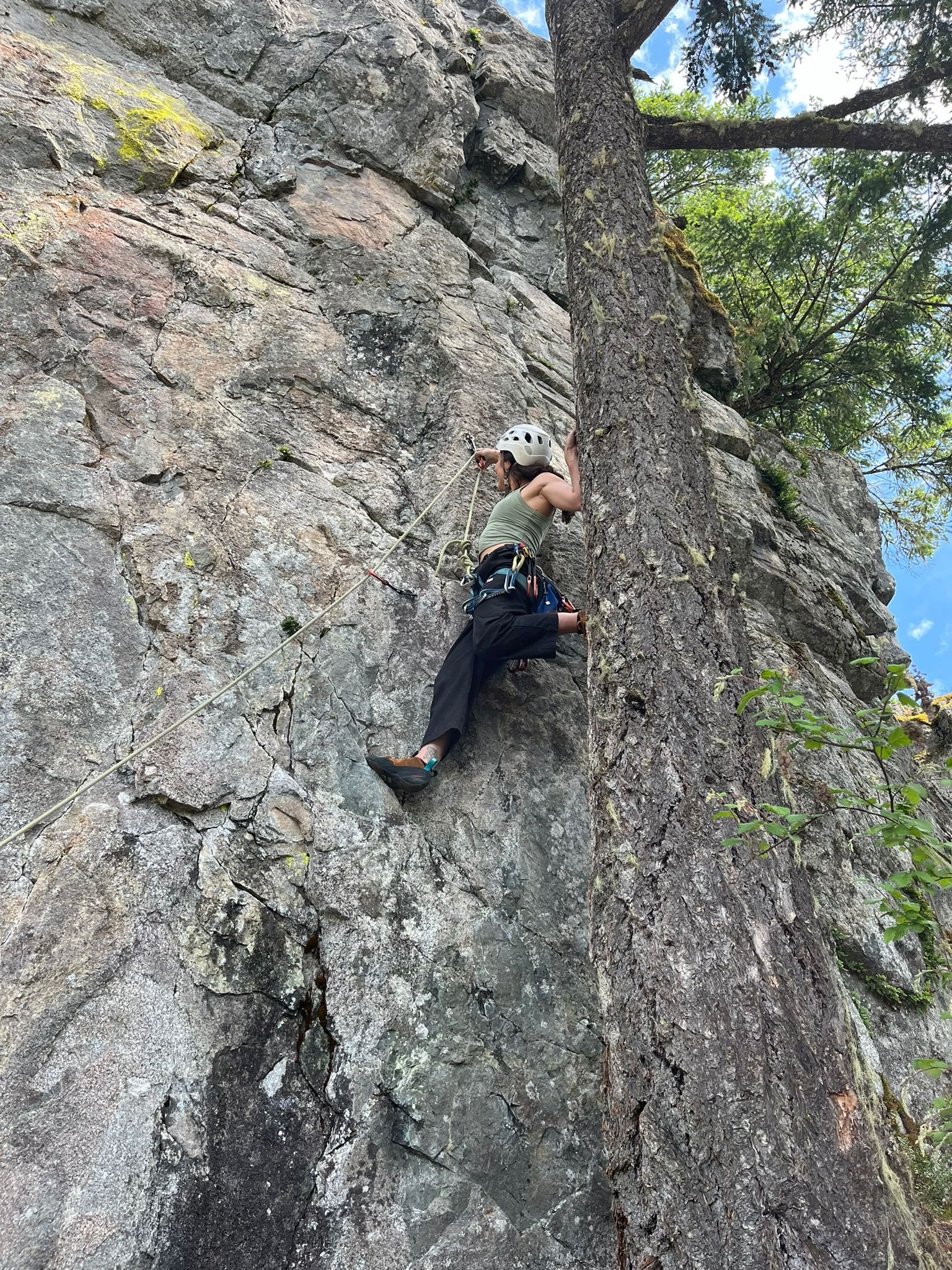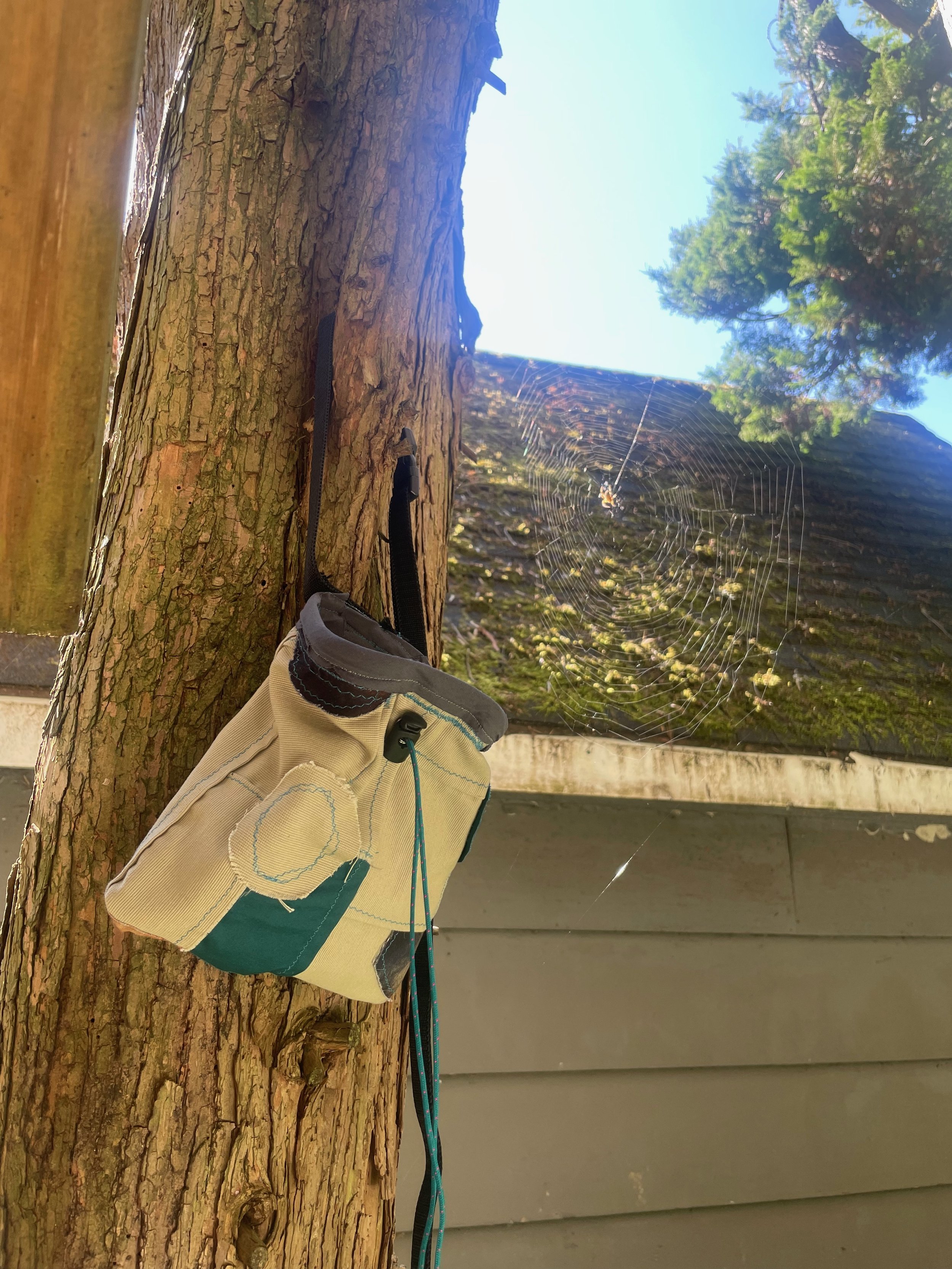wasted days (forgiveness)
the wasted days stack
and topple over
crushing me
flattened, I come back
to what nourishes me,
rouses me,
unfurls the balled up fist in my diaphragm
I come back to it,
each time
each time
a little different,
a little freer
Notes From Therapy: On Narratives and Fabrication.
The question is - is an emotion arising because it needs to? Because it’s something real? Or is it something that unwittingly, unconsciously, the mind, the heart, is feeding in the moment - is feeding and is fabricating in the moment.
[…]
I would say that both views are useful. Both the view of something being in there and needing to come up and to release is useful. But also, the opposite view - of, what is the mind doing in the moment to create something?
Rob Burbea (2008-08-09): Talk Two: Understanding the Heart (timestamp: 48:07)
_____
I am writing this on June 17th. It has been over 6 months (and 3 days, to be precise) since I started going to therapy. I’ve been meaning to take some time to reflect on what I’ve learned, but haven’t quite found (or rather, made) the time to do so. It’s an intimidating, and potentially counterproductive task: the lessons are constantly evolving, and putting a pin in them feels like I’m forcing this amorphous, unfolding, journey into a neat little box, to be preserved in perpetuity. But then, I started (finally) listening to the Rob Burbea talks that H had recommended to me this morning, and got to the part I quoted above.It felt so serendipitous, I felt called to write about it.
If I had to summarize what therapy has brought me, it is an appreciation of this delicate dance between these two truths: I have been shaped by the things that have happened to me, and: I have created a narrative about the things that have happened to me, which causes me pain. Or: I carry pain within me that I needed to release, and: I have the power to form and reform the story that I tell myself about that pain, thereby lessening it. It’s complicated.
I think there is resistance towards the idea that we can reshape the narratives we hold about ourselves. That resistance is interesting and I am curious to understand where it comes from. Off the top of my head, I can see how the concept of ‘fabrication’ can come across as dismissive — “those things aren’t actually important, you’re just choosing to give them importance” — and almost patronizing — “hey, you know all that trauma you’ve experienced? why don’t you just let that go?”. However, it has been the most powerful and freeing thing to come out of therapy, for me. This idea that I’m allowed to reshape some of those narratives I’ve formed about myself, my life. Not to deny what is there, but to be brave enough to gently reframe it.
At the same time, that’s not where we started with therapy. We started by doing some rooting around in all that pain. Letting a lot of things resurface, release. All of that was painful, and that pain was real. I know that some of that resistance I described in the previous paragraph comes from how real that pain is. It feels like I’m being blamed for the depth of the pain that I felt: what, so it’s my fault that I let that pain shape me?
Of course, that’s not the point. Being shaped by pain is human, and normal, and often healthy. Until it isn’t. We are constantly trying to protect ourselves. Our survival instinct kicks in, and that instinct is very intrinsically linked to our desire for love, community, acceptance. When we’ve been wounded in those areas, protecting ourselves can look like controlling others, controlling how others view us, controlling how we present ourselves. It can look like holding on very tightly. It can look like, subconsciously, believing that how others treat us is a reflection of who we are. That the pain we experience is a personal shortcoming. This wasn’t always clear to me - how much of my behaviour is shaped by fear. I consider myself a pretty fearless person - but actually, there are areas in my life where fear is pretty abundant, and my desire for self-preservation has dulled my spark, removed me from the present moment, and inflicted pain on others.
The first time that thought clicked in my head was actually outside of therapy, during the Summer of 2023, when I was climbing. I experienced such an intense moment of fear while leading a climb, and realized that the way my body felt in that moment was exactly how it felt around certain social situations and people. Making that connection planted a little seed that eventually led me to therapy, along with some gentle nudging from close friends, and I am grateful that it did.
Anyway, I’ll leave it here for now. I know that I will continue to travel along this journey, and my understanding of and perspective on some of these ideas and concepts will deepen and change. I will continue to document that journey here when it feels right to do so, like it did today.
I think my biggest lesson from therapy has been about letting go: realizing how good it feels to admit there are things beyond your control; that the best you can do is strengthen your relationship with yourself so that you can weather the storms while remaining true to yourself. This has mostly resonated with me in the context of relationships, but it’s also present in my attempts at self-discipline. Since I’ve started this new job, my screentime has gone up, I don’t read books, I don’t stretch or meditate, I don’t sleep well, I have no routine and feel like I waste a lot of time. Harsh, but true: I could definitely use my time better. Normally, I try and correct for that by creating strict routines. Of course I’ll use my lunch breaks to read and hangboard! Of course I’ll start all my days with an hour of meditation and yoga! In practice though, that hasn’t happened (shock), and instead, I’ve been overwhelmed by all the things I want to do, and paralyzed into inaction and laziness. I want to try and let go of some of that rigidity. What actually works best for me? I think waking up earlier, around 6, and bashing out a few hours of uninterrupted work before I start my little healthy routines is the best way to ensure that I’ll get a decent amount of work done before I inevitably get distracted by my day to day activities. Being more mindful of the moments where I reach for social media to distract myself or give myself a brain break, and finding something more nourishing to do instead, is another thing that I hope would help.
It’s also a good opportunity for some curiosity and reflection though. What is it about this moment that is making it difficult for me to live the kind of life I want? Where is that paralysis coming from? I notice that it has come hand in hand with pretty severe flare-ups in my performance anxiety: I find myself muttering mean things to myself out loud as I potter through my daily work tasks. I feel like an imposter. I feel stupid, incapable, and like a dissapointment. When I think about work, I get anxious, because I feel overwhelmed (particularly as the unproductive days stack up), and like I am doing everything wrong. Ironically, I am writing this post instead of doing work, and so will need to return to this in more depth. Consider this a placeholder for further exploration.





